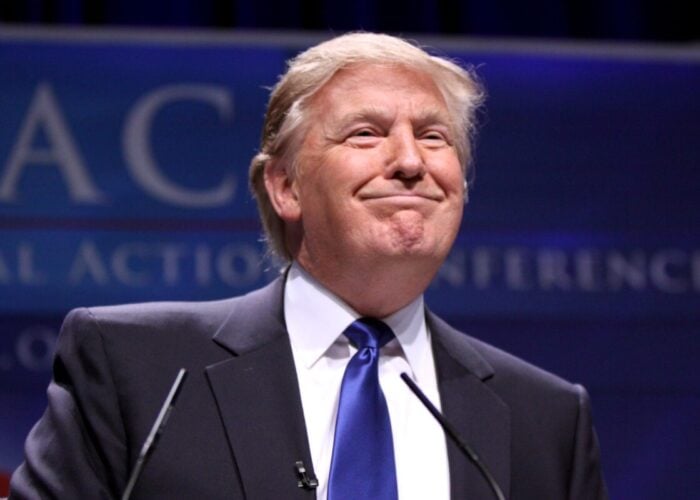The EU has opened an investigation into Malaysian and Taiwanese solar imports that could see the countries added to the scope of the Commission’s trade tariffs on Chinese modules.
German firm SolarWorld requested the investigation and presented the Commission with sufficient evidence of a “change in the pattern of trade” and that the existing trade measures are being “undermined”, according to a document published today in the Official Journal of the European Union.
Unlock unlimited access for 12 whole months of distinctive global analysis
Photovoltaics International is now included.
- Regular insight and analysis of the industry’s biggest developments
- In-depth interviews with the industry’s leading figures
- Unlimited digital access to the PV Tech Power journal catalogue
- Unlimited digital access to the Photovoltaics International journal catalogue
- Access to more than 1,000 technical papers
- Discounts on Solar Media’s portfolio of events, in-person and virtual
The development tracks that of the US-China trade case where the use of cells from countries other than China was targeted in a fresh trade case last year. That case, in which SolarWorld was again the chief agitator, resulted in additional tariffs on modules using cells from Taiwan. The rule of thumb prior to that case saw the country of origin of a solar module determined by the origin of the cell as this is the process where the most value is added.
Under those terms, Chinese manufacturers using cells from Malaysia and Taiwan could import modules that would not be subject to existing trade tariffs or the restrictions on minimum pricing set out in the agreement between the EU and China.
SolarWorld-led trade group EU ProSun triggered a separate investigation earlier this year regarding how the minimum price agreement is calculated.
“Chinese solar manufacturers circumvent the EU's anti-dumping measures by first exporting to third countries like Malaysia and Taiwan before they are imported into the EU, thereby falsifying their genuine origin. Such circumvention is customs fraud and must be stopped,” claimed Milan Nitzschke, president of EU ProSun and VP of SolarWorld.
“EU measures should stop Chinese dumping and circumvention via third countries, not legitimate solar production from countries such as Taiwan and Malaysia which will continue to be imported duty free into the EU,” added Nitzschke.
EU ProSun also said that “genuine” manufacturers from Taiwan and Malaysia should be exempted with only those thought to be aiding circumvention by Chinese firms to be subject to duties.
“Companies whose products are normally manufactured in Taiwan and Malaysia, are invited to make themselves known to the European Commission by a deadline of early July, and to request an exemption from additional tariffs,” he said.
EU ProSun estimates that circumvention has cost the EU €500 million in lost customs revenue.
More to follow…







